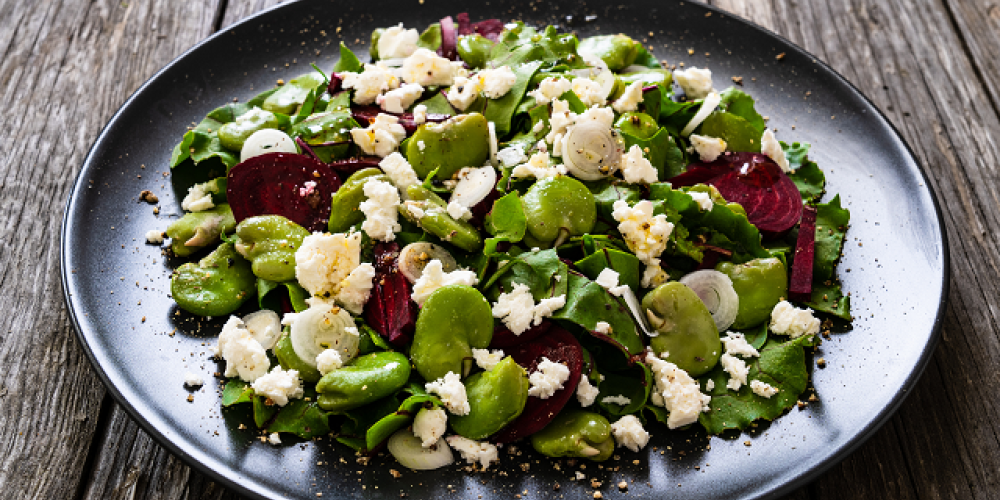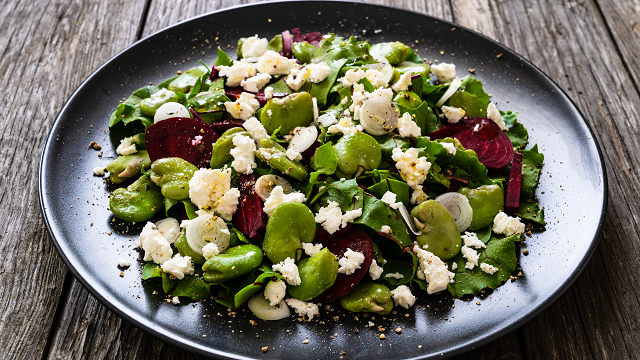
Eating Healthy Foods
Remember, a healthy diet is not about deprivation but rather making choices that promote your well-being. It's a lifelong journey, so focus on making sustainable changes that you can maintain over time.
Eating healthy foods is crucial for your overall well-being. Here are some tips to help you make nutritious choices and develop a balanced and sustainable diet:
- Balance Your Plate: Aim for a balanced plate by filling half with vegetables, one-quarter with lean protein (e.g., chicken, fish, beans), and one-quarter with whole grains (e.g., brown rice, quinoa, whole wheat pasta).
- Portion Control: Pay attention to portion sizes to avoid overeating. Use smaller plates if necessary.
- Variety: Include a wide range of foods in your diet to ensure you get a variety of nutrients. This includes different fruits, vegetables, proteins, and grains.
- Whole Foods: Focus on whole, unprocessed foods. These are typically more nutrient-dense and contain fewer additives and preservatives.
- Limit Processed Foods: Reduce your consumption of processed and packaged foods, which often contain excess sugar, salt, and unhealthy fats.
- Moderation: You can enjoy your favorite treats, but in moderation. Occasional indulgences are part of a healthy diet.
- Hydration: Stay well-hydrated by drinking plenty of water throughout the day. Avoid sugary drinks and excessive caffeine.
- Meal Planning: Plan your meals and snacks in advance to ensure you have healthy options readily available.
- Cook at Home: Preparing your meals at home allows you to control ingredients and cooking methods. It's often healthier and more cost-effective.
- Read Labels: When buying packaged foods, read nutrition labels to understand what you're consuming, paying attention to ingredients, serving sizes, and added sugars.
- Healthy Snacks: Have healthy snacks on hand, like nuts, fruits, or yogurt, to prevent unhealthy choices when you're hungry between meals.
- Eat Mindfully: Pay attention to your food when you eat. Savor the flavors, chew slowly, and enjoy your meal without distractions.
- Limit Added Sugars: Reduce your intake of foods and drinks with added sugars. Check ingredient lists for terms like sucrose, high fructose corn syrup, and honey.
- Good Fats: Include healthy fats in your diet, such as those found in avocados, nuts, seeds, and fatty fish like salmon. Limit saturated and trans fats.
- Fiber-Rich Foods: Eat plenty of fiber from whole grains, legumes, fruits, and vegetables. Fiber aids digestion and helps you feel full.
- Antioxidant-Rich Foods: Consume foods high in antioxidants, like berries, dark leafy greens, and colorful fruits and vegetables. They can help protect against chronic diseases.
- Limit Sodium: Reduce your salt intake to prevent high blood pressure. Flavor your food with herbs and spices instead of excessive salt.
- Consult a Dietitian: If you have specific dietary needs or health concerns, consider consulting a registered dietitian or nutritionist for personalized guidance.
- Healthy Cooking Methods: Choose cooking methods like steaming, grilling, roasting, or sautéing over deep frying to reduce added fats and preserve nutrients.
- Stay Informed: Keep up with the latest nutritional research and recommendations to make informed choices.
Healers and Psychics Admin
12 November 2023
Latest Articles
Want to see your details here?
Add your business to the Healers & Psychics directory today!









